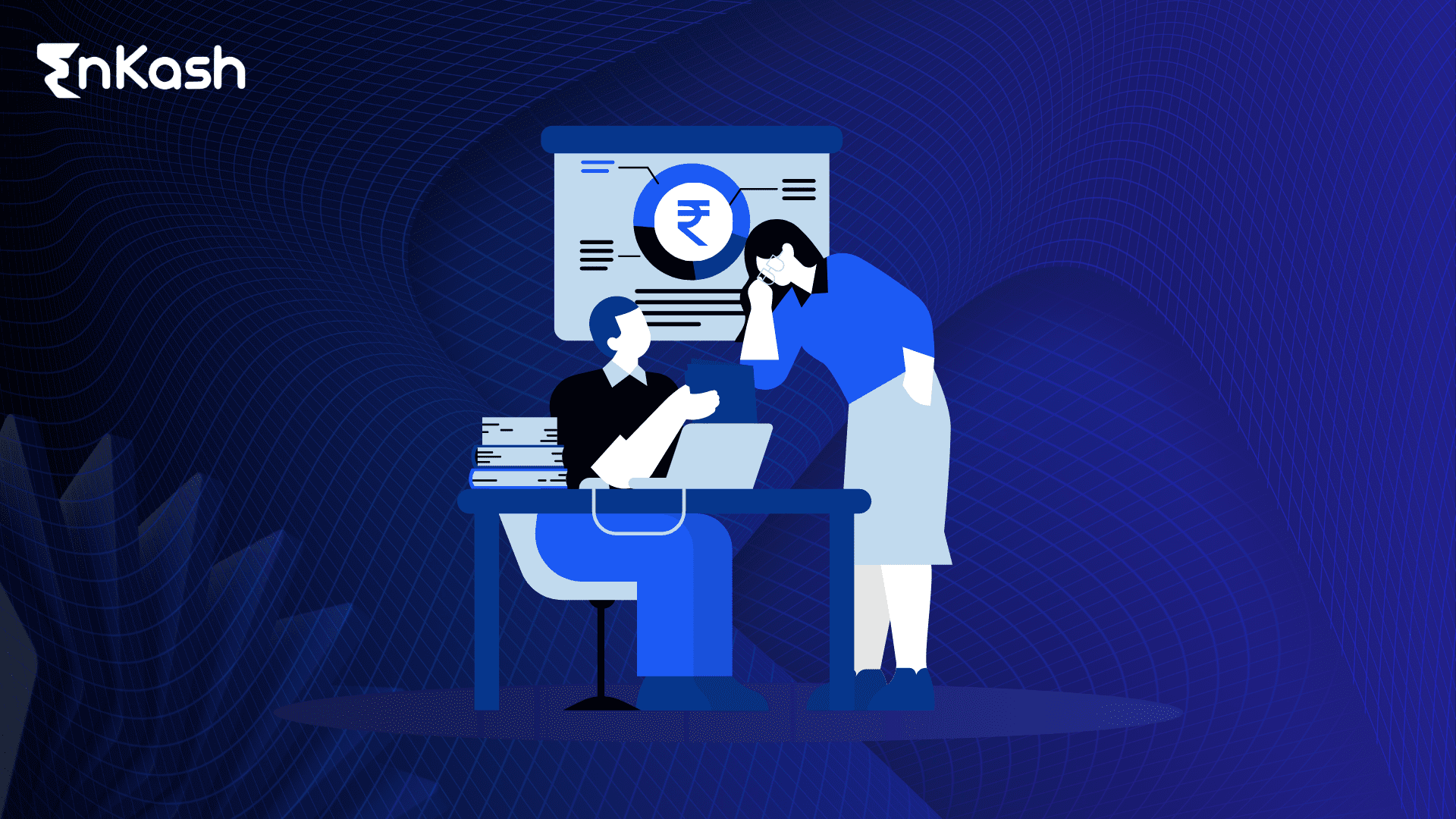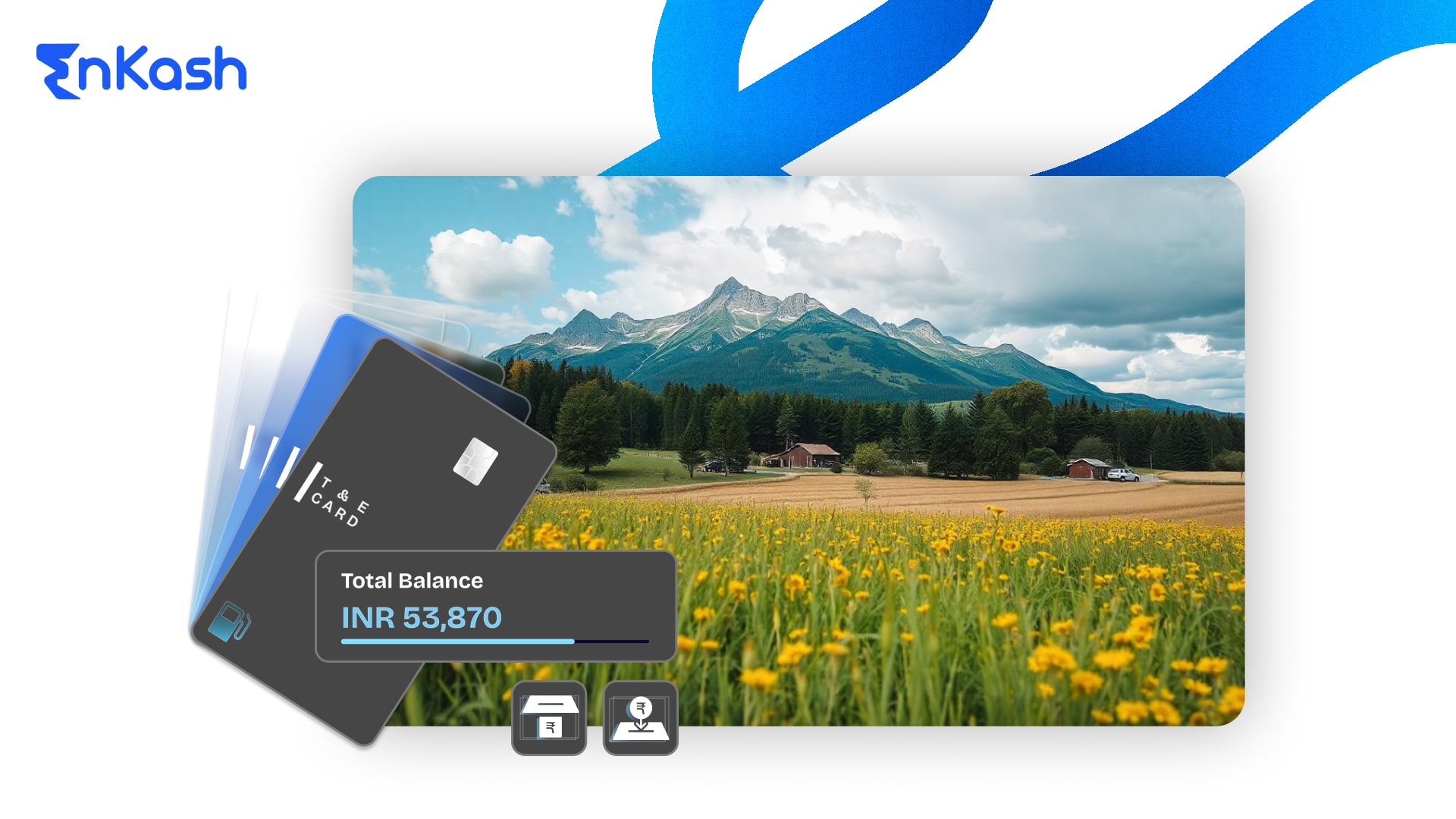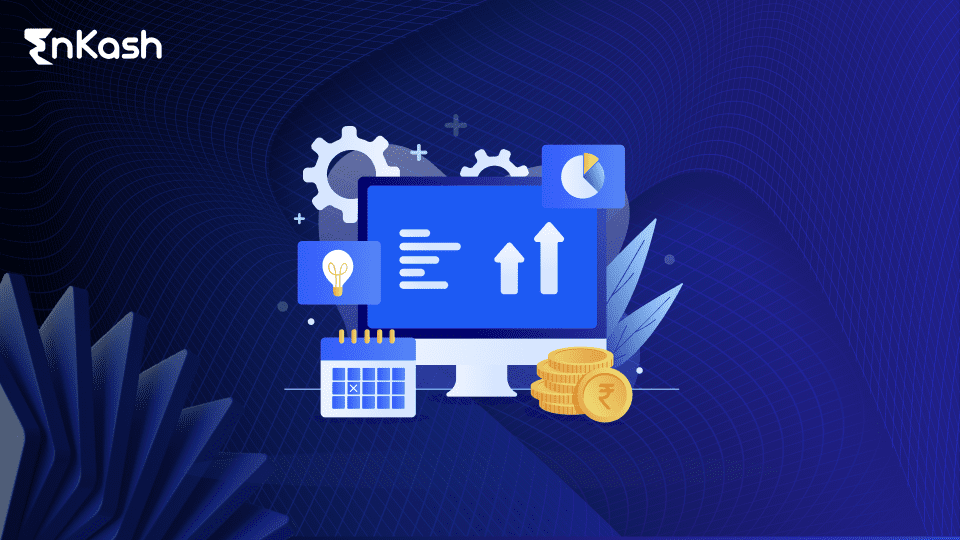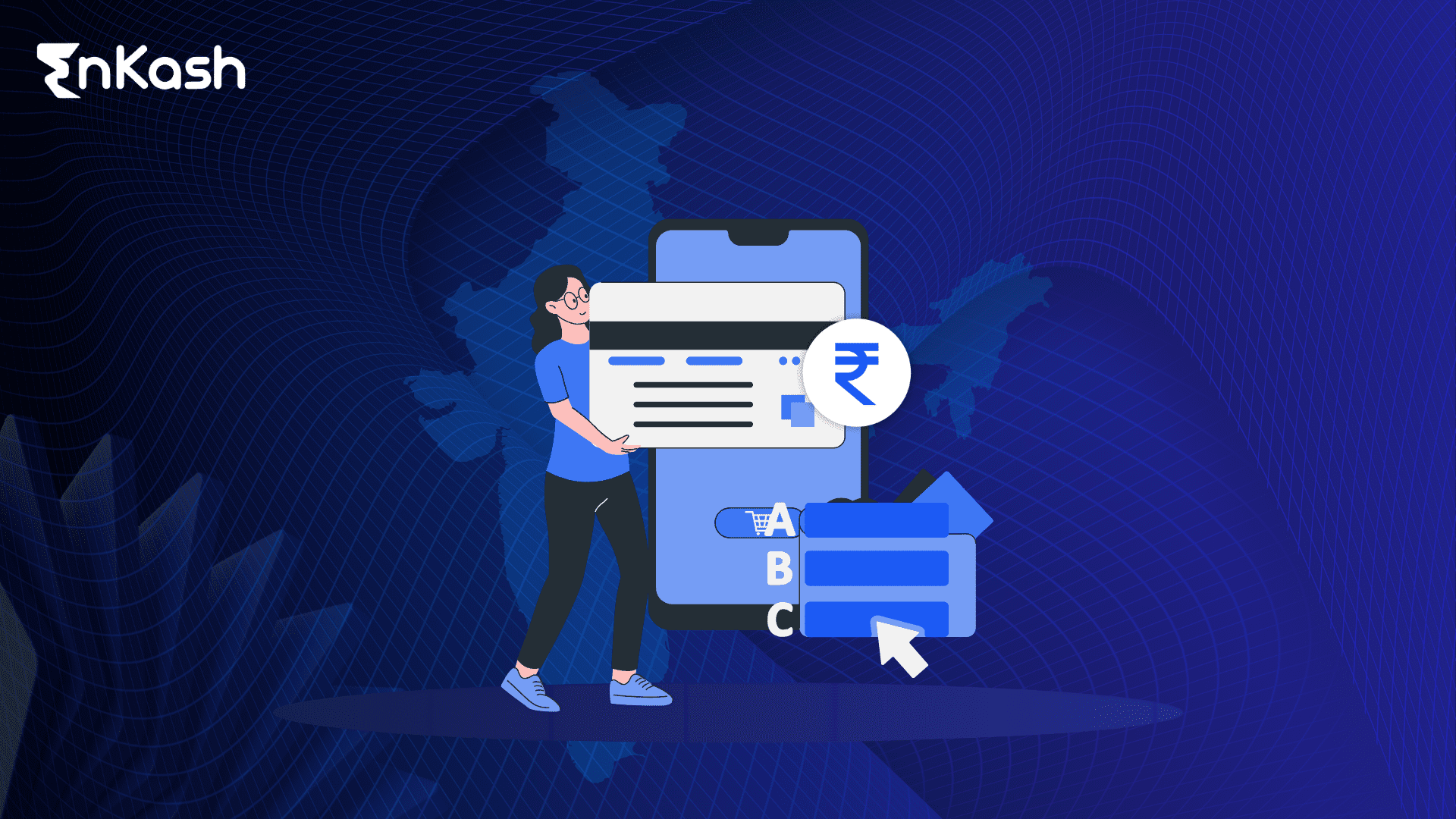Expenses are an inevitable part of businesses. Everything that includes the cost of operations and helps generate revenue is an expense to the company. These expenses facilitate the smooth functioning of a business.
Businesses need to undertake these expenses to keep the processes steady. Everything from rent, insurance, payroll, and inventory are expenses, although they have been categorized for accounting purposes.
Types of Expenses in Accounting
Business expenses have been divided into categories for easy accounting and reconciliation purposes.
The types of expenses businesses incur are:
Operating Expenses
These expenses are incurred by businesses for their daily operations. Also known as OPEX, these expenses help the company to function smoothly and generate revenue. These expenses include office supplies, salaries, rent, utilities, insurance premiums, maintenance costs, etc.
Operating expenses are directly related to the company’s core operations. They have a direct impact on the organization’s profitability. It is important to monitor and control these expenses for the company’s efficiency and overall profitability.
Non-operating Expenses
These are additional expenses that facilitate the company’s core business operations but are not directly related to them. Non-operating expenses include lawsuit settlements, inventory write-offs, interest payments, and depreciation.
Businesses undertake these expenses to meet specific financial obligations of their organization.
Fixed Expenses
These expenses are bound to take place irrespective of the business activity. Constant in nature, fixed expenses are usually recurring like annual subscriptions and office lease payments. These expenses are essential for business operations.
These expenses include rent, loan payments, property tax, internet services, health insurance premiums, and depreciation.
Variable Expenses
These expenses are based on the level of activity in a business. They can increase or decrease depending on the sales or output. These expenses may recur every month but the amount may vary.
Variable expenses include direct labor, commissions for sales, shipping costs, and production supplies.
Capital Expenses
Capital expenses also known as CapEx are the expenses made by an organization to buy or maintain long-term assets like machinery, technology, or buildings. These expenses are usually seen as beneficial for the future and impact the company’s sustainability and financial performance.
These expenses include buying property or equipment for business, renovating office buildings, or investing in any software or technology infrastructure.
Incidental Expenses
These are small and miscellaneous expenses that may occur unannounced. Incidental expenses are irregular and are secondary to business operations.
These expenses include minor equipment purchases, parking fees, one-time professional service fees, or small repairs.
Cost of Goods Sold
Cost of Goods Sold or COGS is the expense incurred in the production of goods or services sold by the business. The cost inclusive of raw materials, labor, and overhead all make a part of COGS.
It also includes storage and manufacturing facility rent costs, production parts, and finished products purchased from the supplier.
List of Most Common Business Expenses
Rent – Businesses need to rent out the place to carry out their operations. This expense can be for any property including a factory or manufacturing unit, or any other property where the business is being carried out.
Machinery – The expense related to machine acquisition and maintenance to fulfill the production demands.
Compensation – This includes salary and wages to both permanent and temporary employees of the company.
Travel – All travel-related expenses inclusive of flight tickets, accommodation charges, transportation, and any other expense related to business travel.
Utility – This includes expenses for necessities like water, electricity, internet connection, and sewage. All these are required for smooth functioning in a workplace.
Interest – This expense includes bank fees including all the monthly interest paid on loans.
Maintenance & Repairs – The expenses required to take care of machinery, equipment, and other assets.
Advertising – This is required to promote the business’s products and services to increase brand visibility.
Patents – Businesses need money to protect their intellectual property rights including patents, trademarks, and trade secrets.
Technology – Technological resources such as computers, laptops, and other technology-related tools are the needs of every business enterprise.
Legal Fees – These expenses are undertaken to get legal services to handle legal matters and provide counsel for the business.
Taxes – This expense constitutes the tax paid by the company in the specified tax year inclusive of income taxes, GST, commercial property taxes, and other taxes.
Automate Your Business Expenses
Expenses incurred in businesses are usually tax deductible which means they can be deducted from the company’s taxable income bringing down the tax liability. However, there are expenses which are non-tax deductible. Let us know about them both.
What are Tax-deductible Expenses?
Here is a list of expenses in business which are tax-deductible:
- Rent expenses
The expense paid for renting business property is tax-deductible. It includes office space, warehouses, and factories.
- Employee benefits
Organization-provided employee benefits like health insurance, provident fund, and other employee welfare schemes are deductible.
- Utility & communication expenses
Electricity, water, internet, and telephone services used for business are deductible expenses in nature.
- Employee salaries
The compensation paid to permanent, temporary, and contractual employees in the form of salaries, wages, and bonuses are deductible as business expenses.
- Supplies & equipment for office
The amount used to purchase office supplies like stationery, hardware as well as other office equipment is tax deductible.
- Professional fees
The amount paid as fees to lawyers, accountants, and consultants for their services to the business is deductible.
- Travel expenses
Expenses incurred for business travel inclusive of transportation fare, accommodation amount, meal cost and other related expenses are deductible.
- Marketing & advertising costs
Businesses need to promote their products and services and for that marketing and advertising are required. Campaigns for digital and print media are tax deductible.
- Depreciation expenses
Businesses can claim depreciation of assets such as machinery, vehicles, or buildings as a deduction.
What are Non-tax Deductible Expenses?
Here is a list of non-tax deductible expenses:
- Personal expenses
Expenses that are not used in business activities are non-deductible. Everything from personal travel, personal entertainment, personal insurance premiums, and other personal expenditures cannot be claimed as a deductible expense.
- Capital expenditure
The acquisition or improvement of long-term assets like buildings, land, or machinery, are not deductible immediately. The assets when depreciated are included in the deductible expense.
- Penalties and fines
If a business is charged with a penalty or fine due to any legal or non-compliance violations is non-deductible. It includes late tax payments, non-compliance with regulations, or fines imposed.
- Dividends
Dividends paid to shareholders are non-tax deductible under business expenses for the company.
- Gifts and donations
Gifts or donations not made to charity by an organization like corporate gifts are non-deductible.
- Salary paid outside India
Salaries paid by businesses to employees or contractors outside India are generally not tax deductible in India.
Why Business Need To Track Their Expenses?
Businesses must track their expenses for reconciliation and auditing purposes. Tracking expenses will also help businesses identify areas where they can be optimally used. This allows them to control their finances keeping a check on their overall financial health.
Budgeting & Forecasting
Expense tracking allows businesses to attain data required for budgeting and forecasting. Businesses can use this data to analyze previous expense patterns and make budgets accordingly.
Auditing Purpose
Documenting business expenses facilitates the audit process. Organized and accurate records of expenses allow legal and regulatory requirements reducing the likelihood of penalties.
Cost Control & Optimization
Businesses can highlight the areas of overspending using their expense record and use cost-cutting measures. They can also allocate resources that help enhance profitability in business.
Lesser Frauds
By tracking expenses, businesses can detect fraudulent activities. They can find out any suspicious or dubious transaction and take timely action against it.
Avoid Unnecessary Spends
Tracking expenses provides visibility into spending patterns and helps identify areas where costs can be reduced or eliminated.
Expense Policies
Keeping a check on business expenses helps verify whether expenses are within approved limits and in compliance with established policies or not. This prevents unauthorized or excessive spending.
Financial Transparency
Tracking business expenses establishes financial transparency within the organization. It allows stakeholders, shareholders, and lenders, to assess the financial health of the business, and make informed decisions based on accurate financial information.
How to Manage Business Expenses?
Businesses can automate their expenses using expense management software which is specifically designed to automate and streamline business expenses.
The software tracks, manages and reports business expenses with features like receipt capturing, expense categorization, policy enforcement, and integration with accounting systems.
Benefits of Using Expense Management Software
Expense Tracking
An efficient expense management software helps track business expenses seamlessly. It provides a centralized dashboard to capture and record expenses; eliminating manual paperwork and errors. Employees can easily enter their expense details with receipts, and categorize expenses for an organized and efficient tracking system.
Accuracy and Compliance
Expense management software reduces data entry errors, automates calculations, and enforces compliance with the company’s defined expense policies. This ensures accurate expense recording and policy violation flagging, leading to accurate and compliant expense reporting.
Real-time Visibility
Businesses can get real-time visibility into their expenses. Managers or approvers can monitor expenses as they take place, view spending trends, and know areas of overspending. This visibility in real-time helps in quick decision-making and timely action wherever overspending or inaccurate spending is involved.
Policy Enforcement
Having a robust expense management system in place implies expense policies as defined by the organization can be enforced. Any policy violations against spending limits and approvals are immediately flagged eliminating the risk of non-compliance and ensuring adherence to company guidelines.
Expense Reimbursement
An efficient expense management solution streamlines the reimbursement process. It helps automate the workflow, faster approvals, and easy reimbursement cycles. This makes the reimbursement process easy for both employees and finance teams, establishing efficiency and employee satisfaction in the long run.
Data Analytics
Expense management software allows businesses to access their expense analytics. A detailed expense report enables businesses to analyze their spending patterns, identify cost-saving areas, and make decisions backed by data.
Analytics tools within the software enable businesses to gain insights into expense trends, vendor relationships, and budget utilization, leading to more effective financial planning.
EnKash – Your Dependable Expense Management Software
EnKash’s expense management software has been designed following the needs of an organization. Everything from approval flow to budgeting and advances to reimbursements using scan and drop receipts, businesses can do it all on the same platform. It helps businesses to automate and streamline their expenses.
Businesses can track their expenses and also integrate with accounting softwares. The expense management software captures the expenses and categorizes them for easy reconciliation.
A reliable expense management software for businesses who are looking for accuracy and efficiency in their system.













